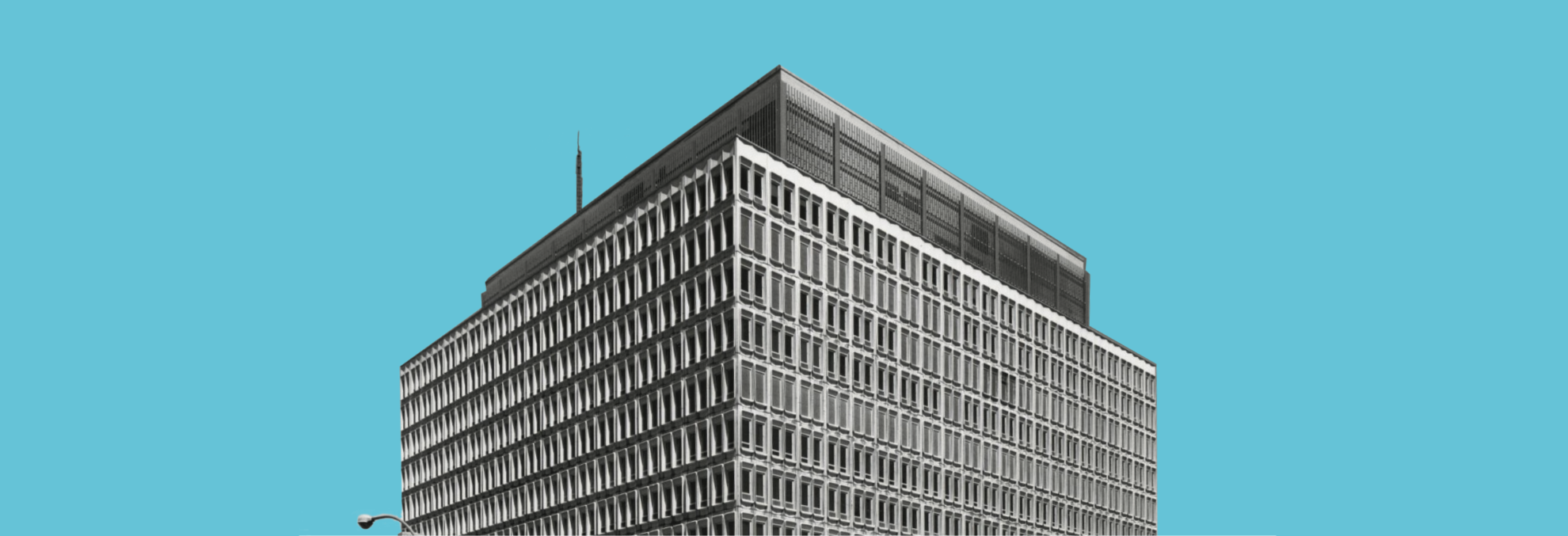Adapted from: antiracismdaily.com by Nicole Cardoza
According to several studies, when compared to white people, Black folx have a higher risk of developing mental health disorders because of the historical, economic, social, and political influences they’ve been systemically exposed to for decades (Columbia University). The intersections of institutional, individual, and structural racism make BLack folx more likely to experience poverty, homelessness, incarceration, and substance abuse (Mental Health America), which all in turn, affect their mental health.
However, despite high rates of mental health issues in Black communities, many folx don’t get the help they need. Cost, discrimination, and overall mistrust of the healthcare system are all barriers to access to mental health care.
Apart from the financial barriers to access mental healthcare, many more Black folx are skeptical to seek treatment due to the lack of representation in the mental health field. This is understandable as it is very frustrating to explain racism to your white therapist or get gaslighted by them.
In the US, 60 percent of psychologists are white, while less than two percent of American Psychological Association members are Black or African American (American Psychological Association).
There is a need for culturally responsive providers who “recognize and understand the role culture plays in their and their patient’s life and use that understanding to adapt a treatment plan that meets their patient’s needs within their cultural framework” (Columbia University).
This is why BIPOC-specific mental health is needed!
For that, here are some resources for mental health:
Montreal specific Black community organizations
All Black Everything
Belonging: Group Art & Movement-based Therapy
Mental health disorder
Bipoc mental health
BIPOC grassroots + by & for resources
Black Mental Health Connections MTL
BIPOC Mental Health resources/zines
For Black girls considering Womanism


